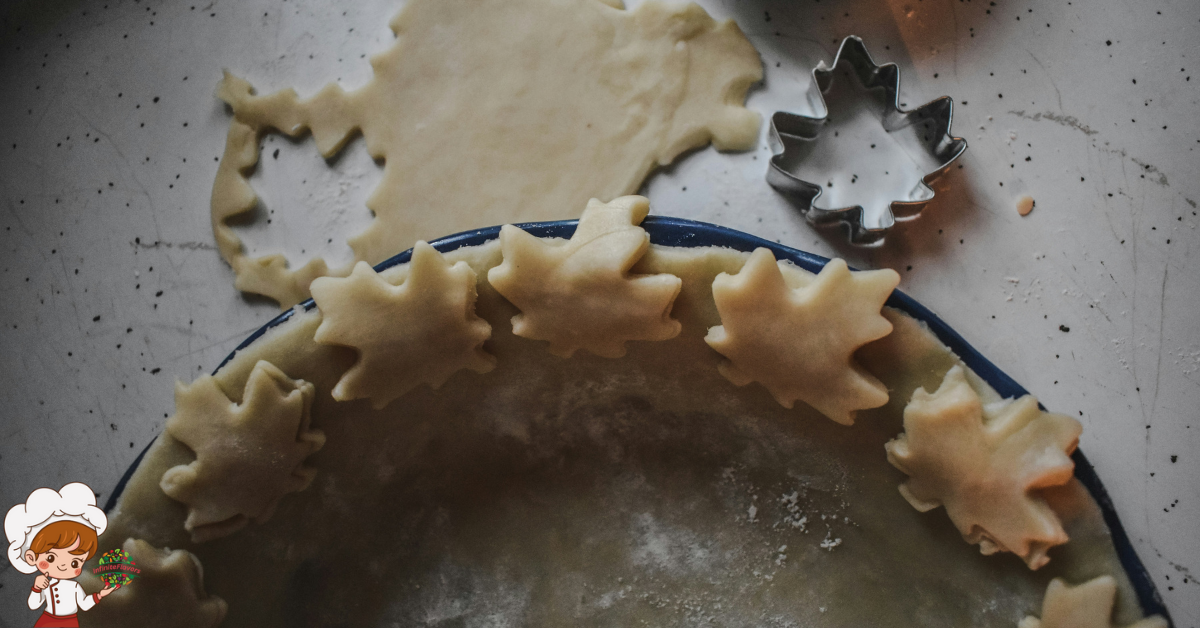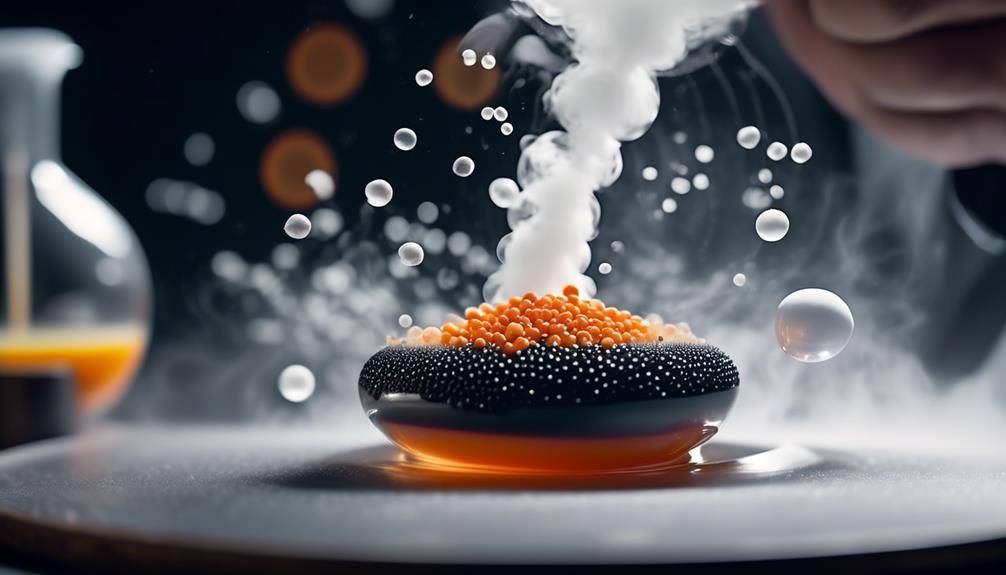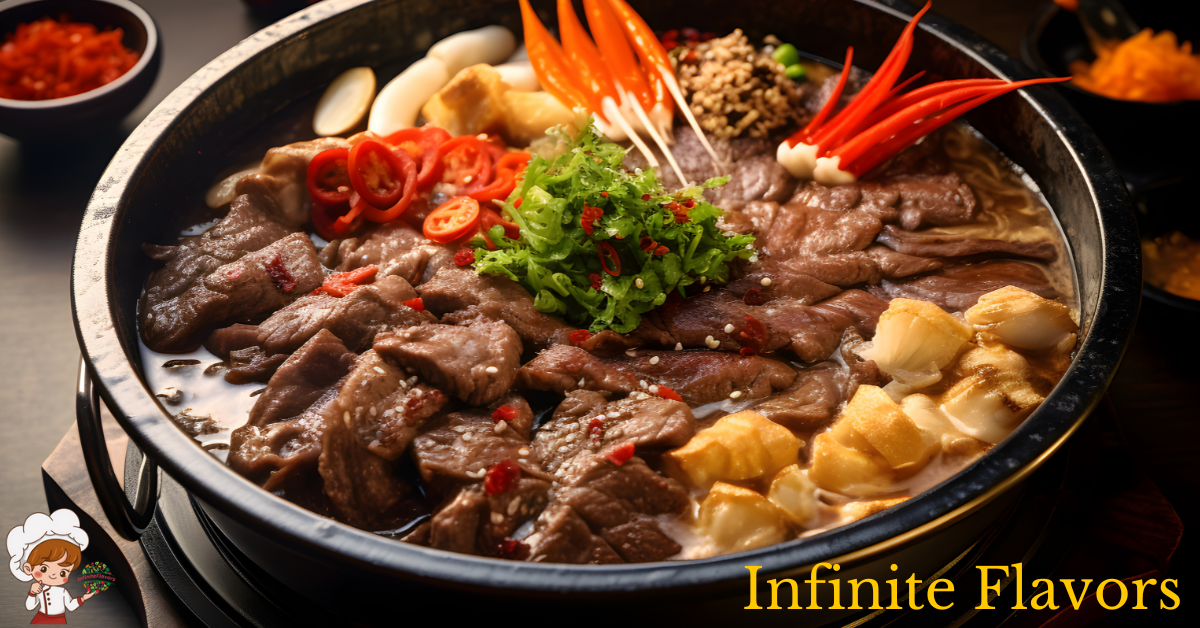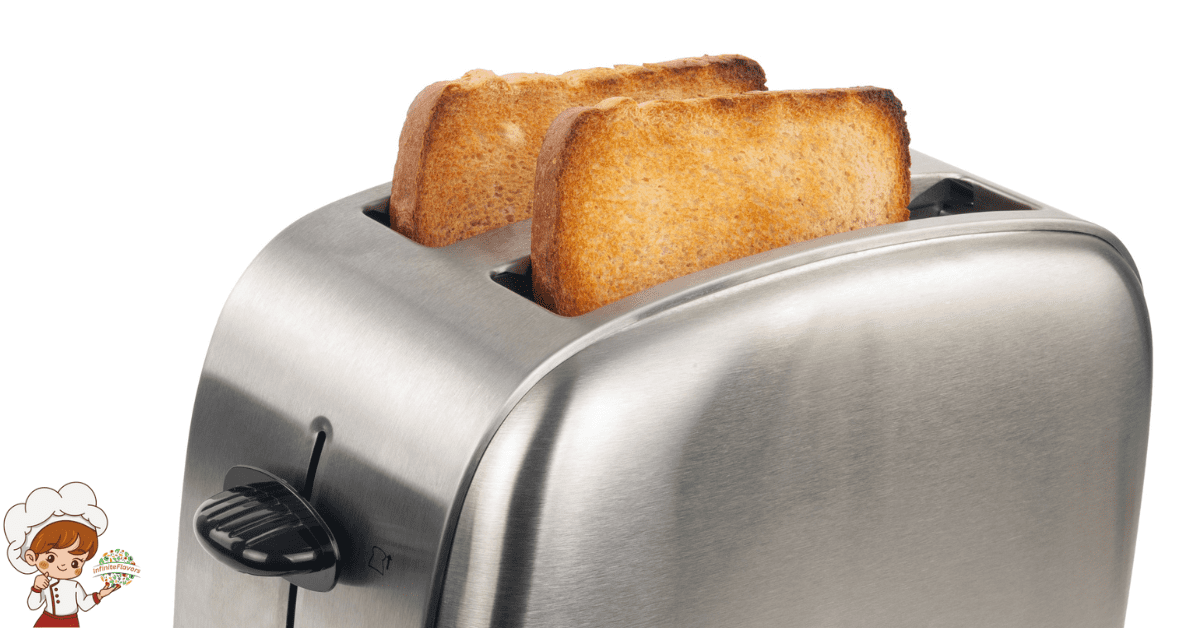The Best Way to Grill Fish Without It Sticking
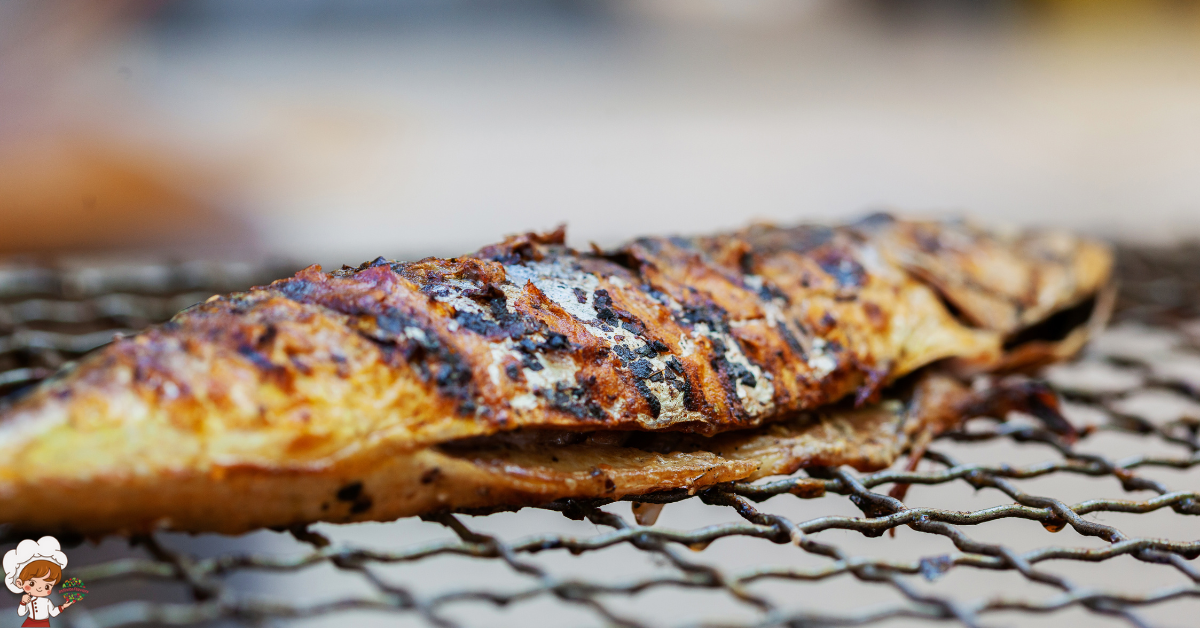
Grill Fish Without It Sticking; Sick of savagely scraping off stubbornly stuck fish from your grill? Sizzle up your seafood without the sticky situation. Discover the secrets to grilling fish without the hassle. From choosing the right fish to mastering the art of flipping, this discussion will equip you with the know-how to achieve perfectly cooked, non-sticky fish every time. Get ready to elevate your grilling game and leave your guests hooked on your deliciously grilled creations.
Choosing the Right Fish
When choosing the right fish for grilling, it is important to consider factors such as its firmness, thickness, and oil content. These factors will determine how well the fish holds up on the grill and how flavorful and juicy it will be. For fish selection, opt for firm-fleshed varieties like salmon, tuna, swordfish, or halibut. These types of fish have a sturdy texture that can withstand the heat of the grill without falling apart.
In terms of thickness, choose fish fillets that are at least 1 inch thick. Thinner fillets are more likely to dry out and become overcooked on the grill. Thicker fillets, on the other hand, will stay moist and tender. If you prefer smaller fish, like trout or snapper, consider grilling them whole instead of filleting them. This will help retain their moisture and prevent them from sticking to the grill grates.
Another important consideration is the oil content of the fish. Oily fish like salmon or mackerel are naturally more flavorful and moist, making them ideal for grilling. The oil in these fish helps to keep them from drying out during the cooking process. However, if you prefer leaner fish like cod or tilapia, you can still achieve great results by marinating them in a flavorful seasoning before grilling. This will add moisture and enhance the taste of the fish.
Prepping the Grill
To prepare the grill for grilling fish, start by cleaning the grates and preheating the grill to a medium-high heat. Proper grill maintenance is essential to ensure that your fish doesn’t stick and that you achieve those beautiful grill marks. Cleaning the grates is the first step in this process. Use a wire brush to remove any leftover residue from previous grilling sessions. This will prevent any unwanted flavors from transferring to your fish. Make sure to brush both the top and bottom of the grates thoroughly.
After cleaning the grates, it’s time to preheat the grill. Preheating is crucial because it helps to create a hot cooking surface that will prevent the fish from sticking. Set the grill to medium-high heat and close the lid. Allow the grill to heat up for about 10-15 minutes. This will ensure that the grates are hot enough to sear the fish and create those beautiful grill marks.
During the preheating process, it’s also a good idea to oil the grates. This will further prevent the fish from sticking. Simply dip a folded paper towel in vegetable oil and, using tongs, rub it over the grates. Be cautious not to use too much oil as it can cause flare-ups.
Using Oil or Marinade
Now that the grill is preheated and the grates are clean, it’s time to enhance the flavor and prevent sticking by using oil or marinade. Using oil or marinade is a crucial step in grilling fish successfully. Not only does it add flavor, but it also creates a barrier between the fish and the grill, preventing it from sticking.
One option is to use oil. Brushing the fish with oil before grilling helps to keep it moist and prevents it from sticking to the grill. You can use any type of oil, such as olive oil or vegetable oil. Additionally, using lemon juice can add a refreshing citrus flavor to the fish. Squeeze fresh lemon juice over the fish before grilling or brush it with a mixture of lemon juice and oil.
Another way to enhance the flavor and prevent sticking is by using herbs and spices. Sprinkle your favorite herbs and spices over the fish before grilling to add a burst of flavor. Some popular choices include dill, thyme, garlic powder, and paprika. You can also create a marinade by combining herbs, spices, oil, and lemon juice. Let the fish marinate for at least 30 minutes before grilling to allow the flavors to penetrate the fish.
Remember to brush the grill grates with oil before placing the fish on them. This will help to further prevent sticking and ensure easy flipping.
Using oil or marinade is a simple yet effective way to enhance the flavor of grilled fish and prevent it from sticking to the grill. Experiment with different combinations of oil, lemon juice, herbs, and spices to find your favorite flavor profile. Happy grilling!
Cooking at the Right Temperature
To cook fish on the grill without sticking, it is crucial to cook at the right temperature. This ensures that the fish cooks evenly and doesn’t stick to the grill grates. To achieve the ideal grilling temperature, preheat the grill for about 10-15 minutes before cooking. Using oil or a marinade can also help prevent sticking and add flavor to the fish.
Ideal Grilling Temperature
For perfectly grilled fish that doesn’t stick to the grates, ensure you cook at the ideal temperature. The ideal grilling temperature for fish is around 400 to 450 degrees Fahrenheit. This high heat helps to sear the fish quickly, creating a crispy exterior while keeping the inside moist and tender. Cooking at this temperature also helps prevent the fish from sticking to the grates, as the high heat helps to create a natural nonstick surface.
To achieve the ideal grilling temperature, preheat your grill with all burners on high for around 10-15 minutes. This will ensure that the grates are hot enough to cook the fish properly and prevent sticking. Remember, the ideal cooking time will vary depending on the thickness of the fish and the grill’s temperature, so keep a close eye on it to avoid overcooking.
Preheating the Grill
To ensure your fish grills perfectly without sticking, it is crucial to start by preheating the grill to the ideal temperature. Preheating the grill offers several benefits. Firstly, it helps to prevent the fish from sticking to the grill grates. When the grill is hot, it creates a non-stick surface, allowing the fish to cook evenly without tearing apart.
Secondly, preheating helps to sear the fish quickly, locking in the natural juices and flavors. This results in a moist and flavorful end product. The preheating time can vary depending on the type of grill you are using. Gas grills typically take around 10-15 minutes to preheat, while charcoal grills may take a bit longer, around 20-30 minutes. It is important to wait for the grill to reach the desired temperature before placing the fish on it.
Using Oil or Marinade
Using oil or marinade is essential for grilling fish without sticking and achieving the perfect cooking temperature. When it comes to grilling techniques, both oil and marinade play a crucial role. Oil acts as a barrier between the fish and the grill grates, preventing it from sticking. It also helps to enhance the flavor and moisture of the fish.
On the other hand, marinade not only adds flavor but also tenderizes the fish, making it more succulent. If you choose to use oil, make sure to brush it onto the fish before placing it on the grill. If you prefer marinade, let the fish soak in it for about 30 minutes prior to grilling. Whichever option you choose, ensure that the grill is preheated to the right temperature to ensure even cooking.
Using a Fish Basket or Foil
A fish basket or foil can be a useful tool when grilling fish, preventing it from sticking to the grill and making for easier cooking and serving. While some people prefer to grill fish without a basket or foil, using these tools can greatly simplify the process and improve the outcome of your grilled fish.
When using a fish basket, make sure to oil the basket properly to prevent sticking. Apply a thin layer of cooking oil on the inside of the basket before placing the fish inside. This will create a barrier between the fish and the grill, reducing the chances of it sticking. Additionally, preheating the fish basket will help to sear the fish quickly and create those desirable grill marks.
If you prefer to use foil, simply wrap the fish in aluminum foil before placing it on the grill. This method is especially beneficial for delicate fish that may easily fall apart. The foil acts as a protective barrier, allowing the fish to cook evenly without sticking to the grill. You can also add seasonings, herbs, or slices of lemon to the foil packet to infuse additional flavors into the fish.
Both the fish basket and foil methods ensure that the fish remains intact while grilling, making it easier to flip and serve. They also help to prevent the fish from falling through the grill grates and getting lost in the flames. Whether you choose a fish basket or foil, these tools provide a convenient and effective way to grill fish without the hassle of sticking. So next time you fire up the grill, consider using a fish basket or foil for a hassle-free grilling experience.
Properly Flipping and Removing From the Grill
When it’s time to flip and remove your grilled fish, it’s important to follow a few key steps to ensure a successful and seamless process. Proper flipping technique and timing are crucial to achieving perfectly cooked fish with a beautiful charred crust.
First, make sure your fish is ready to flip. You’ll know it’s time when the edges start to turn opaque and the flesh easily releases from the grill grates. Using a spatula or tongs, gently lift one edge of the fish to check for doneness. If it’s still sticking, give it a little more time to cook before attempting to flip.
To flip the fish, use a swift and confident motion. Place your spatula or tongs underneath the fish, close to the head, and carefully lift it off the grill. Flip it in one smooth motion, making sure to support the entire length of the fish to prevent it from falling apart.
The total grilling time for fish will depend on the thickness of the fillets or whole fish. As a general rule, grill fish for about 4-5 minutes per side for every 1 inch of thickness. However, it’s always best to rely on visual cues and the touch test to determine if the fish is cooked through. The flesh should be opaque and easily flake with a fork.
Once the fish is flipped, let it cook for the remaining time on the other side. Avoid moving or pressing down on the fish too much, as this can cause it to break apart. When the fish is fully cooked, gently remove it from the grill using the same flipping technique.
Grill Fish Without It Sticking; Frequently Asked Questions
How Do I Prevent Fish From Sticking to the Grill Grates?
To prevent fish from sticking to the grill grates, follow these steps. First, preheat the grill and clean the grates. Then, oil the grates and the fish lightly. Finally, cook the fish over medium heat, flipping it once. Enjoy grilling fish without it sticking!
Is It Necessary to Oil the Fish Before Grilling?
Oiling fish before grilling makes a difference in taste and texture. It helps to prevent sticking and adds flavor. So, yes, it is necessary to oil the fish before grilling for a better grilling experience.
Can I Use Any Type of Fish for Grilling, or Are Certain Types Better Suited for This Cooking Method?
To prevent fish from sticking to the grill grates, oiling it before grilling is recommended. While any fish can be used for grilling, certain types like salmon or tuna are better suited. Alternatively, you can use a fish basket or foil to prevent sticking. Ensure it’s fully cooked without overcooking by checking the internal temperature.
What Are Some Alternative Methods to Using a Fish Basket or Foil for Grilling Fish?
To grill fish without it sticking, try alternative methods like grilling fish on a plank. This technique infuses the fish with smoky flavors and prevents it from sticking to the grill.
How Can I Ensure That the Fish Is Fully Cooked Without Overcooking It on the Grill?
To prevent your fish from drying out on the grill and achieve a crispy skin, start by preheating the grill and oiling the grates. Cook the fish over medium heat, flipping once, until it reaches an internal temperature of 145°F.
Conclusion
In conclusion, grilling fish without it sticking is achievable by following a few simple steps. Start by choosing the right fish and prepping the grill properly. Use oil or marinade to prevent sticking and cook at the right temperature. Consider using a fish basket or foil for easier grilling. Lastly, ensure to flip and remove the fish from the grill carefully. By following these guidelines, you can enjoy perfectly grilled fish without any sticking issues.



